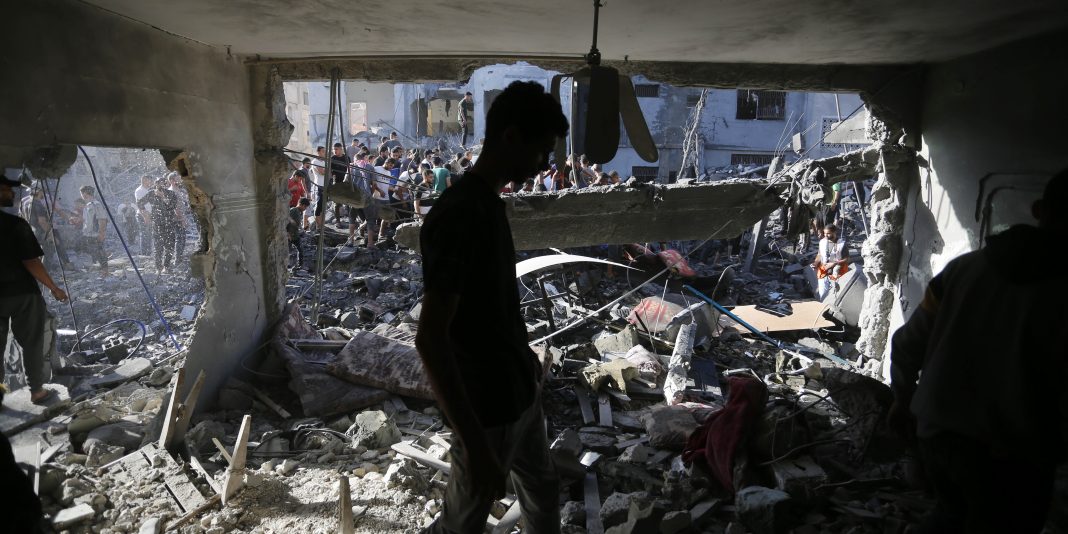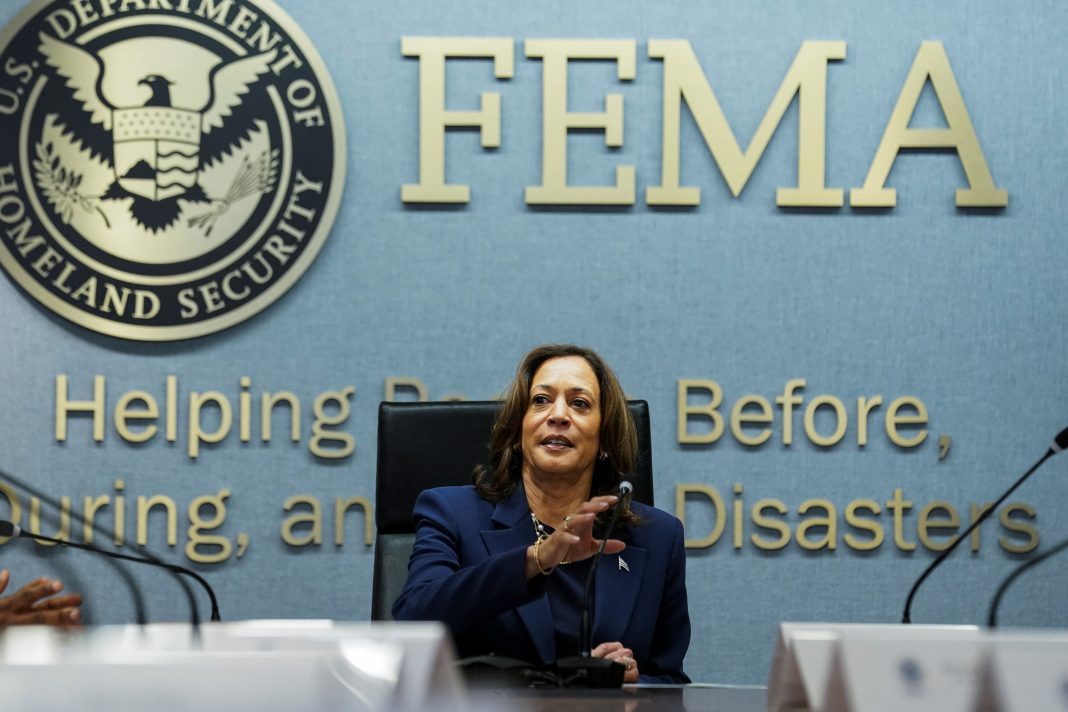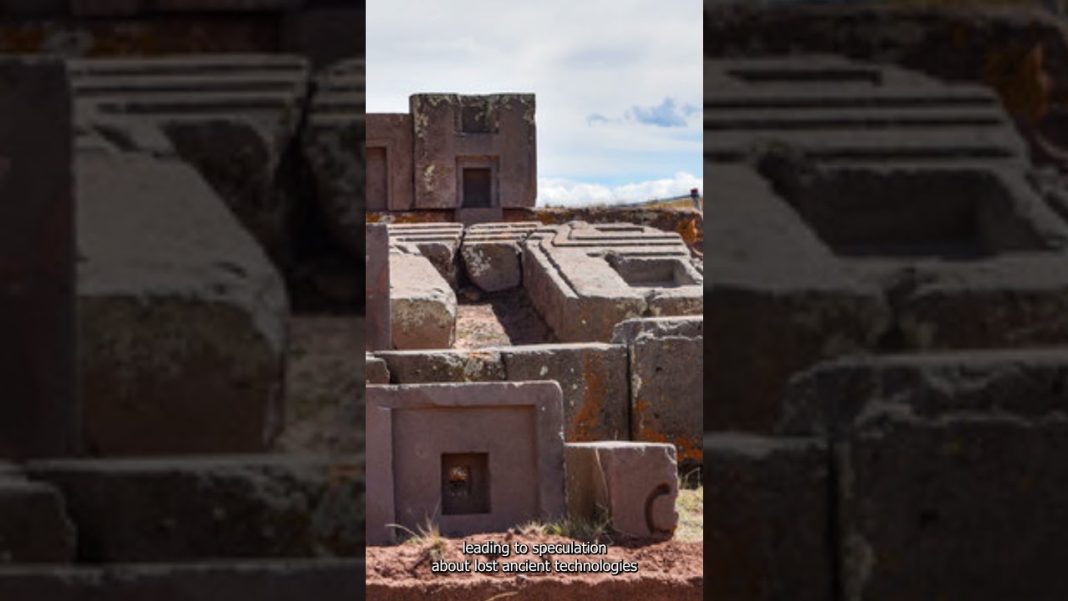In a dramatic escalation of conflict, Israel has expanded its military operations beyond Gaza, launching an invasion into Lebanon. This move, which began late Monday, marks a significant shift in the ongoing hostilities that have plagued the region for nearly a year. The situation intensified further when Iran retaliated by firing ballistic missiles into Tel Aviv, raising alarms that the Middle East could be on the brink of a broader war.
The Israeli military has characterized its actions in Lebanon as “limited, localized, and targeted ground raids” aimed specifically at Hezbollah. However, this framing has drawn skepticism from experts and analysts. Mai El-Sadany, the executive director of the Tahrir Institute for Middle East Policy, argues that such language serves as a euphemism for actions that could amount to war crimes. “Increasingly we’ve seen Israel use words like ‘targeted’ and ‘limited,’ words that try or seek to convey that this is somehow acceptable,” she noted. “Yet we know from the last year that these are euphemisms for what may very well amount to war crimes and crimes against humanity.”
The invasion into Lebanon is particularly notable as it marks the first time Israeli troops have crossed the border since the 2006 conflict with Hezbollah. While the Israeli Defense Forces (IDF) assert that their operations are focused on “Hezbollah terrorist targets and infrastructure,” the definition of “military targets” has proven to be broad and often includes civilian areas. Over the past two weeks, Israeli airstrikes have resulted in over 1,000 deaths in Lebanon, with a significant number of casualties being women and children. The Lebanese health minister reported that nearly one million people—almost a fifth of the population—have been displaced due to the violence.
The U.S. has found itself in a complex position regarding this conflict. While President Joe Biden has publicly called for a ceasefire and de-escalation, reports indicate that the administration has quietly supported Israel’s military actions. This duality raises questions about the U.S. role as a peacekeeper. El-Sadany remarked, “The people who are supposed to be peacekeepers are the people who are green-lighting war.” This contradiction is particularly concerning given the ongoing military aid the U.S. provides to Israel, including an $8.7 billion package recently appropriated from congressional funds.
As the situation unfolds, the U.S. has reiterated its commitment to defending Israel and its interests in the region. Defense Secretary Lloyd Austin affirmed the necessity of dismantling attack infrastructure along the border, signaling strong support for Israel’s military objectives. However, this alignment raises critical questions about the clarity of those objectives. El-Sadany pointed out that the U.S. has seemingly adopted Israel’s goals without fully understanding their implications. “What does it mean to end Hamas? What does it mean to end Hezbollah?” she asked, highlighting the ambiguity surrounding Israel’s military aims.
The potential for further escalation remains high. Iran’s missile response to the Israeli invasion, while partially intercepted, underscores the volatility of the situation. Austin has warned that any direct military attack from Iran against Israel would result in “serious consequences.” The U.S. Navy has already intercepted some missiles launched from Iran, but the broader implications of this conflict could reverberate throughout the region.
As Israel continues its military campaign, the specter of a prolonged conflict looms large. The war in Gaza has already demonstrated how quickly objectives can shift, with Israel frequently altering its goals. El-Sadany cautions that without clear definitions and an understanding of the complexities involved, the U.S. risks being drawn deeper into a conflict that threatens not only regional stability but also the safety of civilians caught in the crossfire.
In summary, the current escalation in Lebanon is not just a localized conflict; it is a flashpoint that could ignite a wider regional war. The interplay of military actions, political rhetoric, and international relations will be crucial in determining the future of peace and stability in the Middle East. As the situation develops, it is imperative for all parties involved to prioritize civilian safety and seek diplomatic solutions to avoid further bloodshed.


